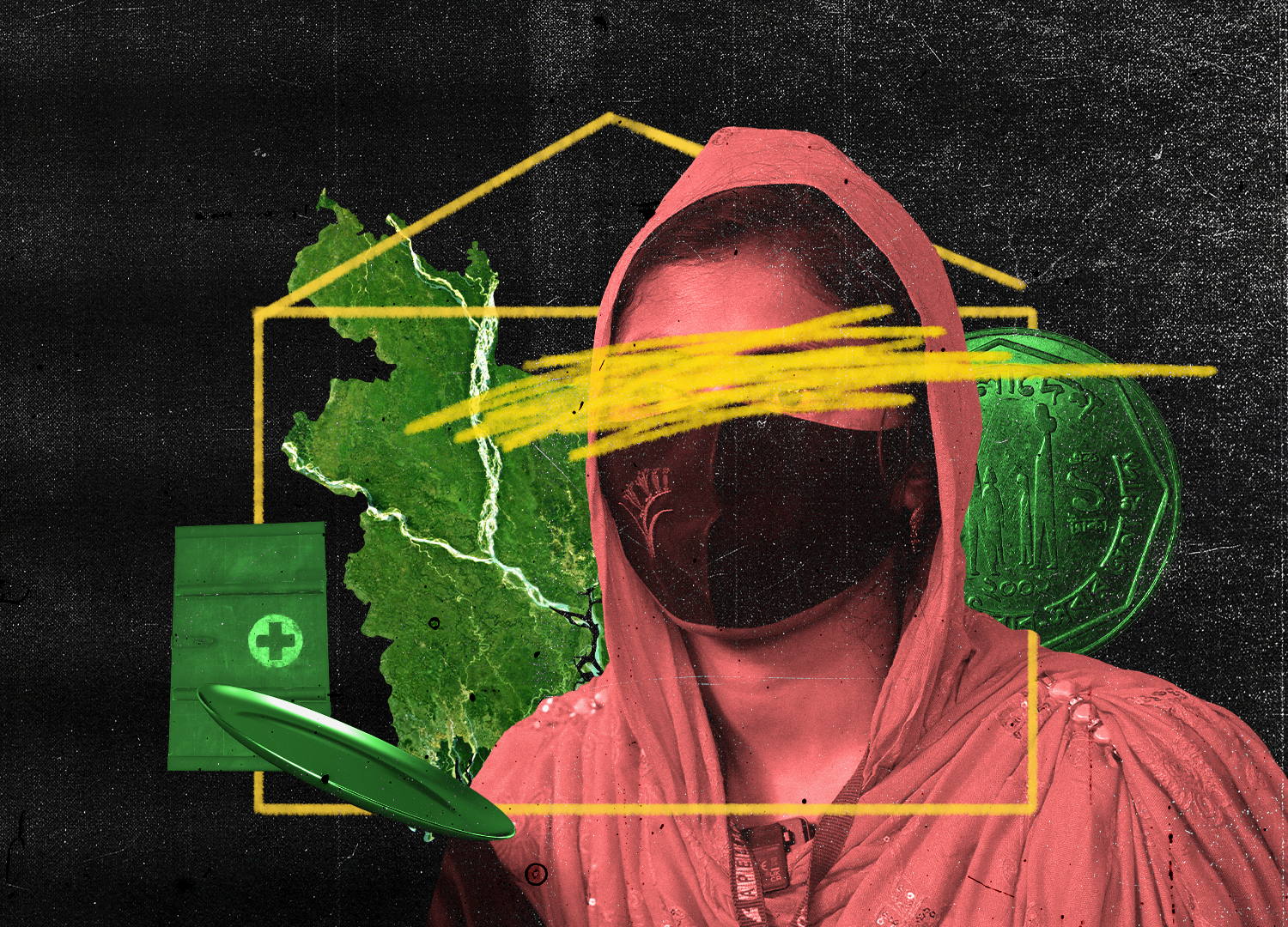Bangladesh’s modernisers are not missing – they are emerging
Capable governance working in conjunction with emerging enterprises can provide Bangladesh with the missing modernisation that is much-needed.

Farid Erkizia Bakht’s recent op-ed, “Where are the missing modernisers?”, resonates deeply. Bangladesh stands at a pivotal moment, where the country’s political and economic frameworks often feel disconnected from the transformative changes required for genuine modernisation.
Bakht correctly notes that rights on paper – freedom of religion, speech, association – are essential but insufficient. Without quality universal education, robust public health systems, and decent housing, these rights remain aspirational. The caution about our cheap garment boom being unsustainable amid automation and global competition is timely. Bangladesh needs a strategic shift for the next 20 years: an industrial policy that diversifies the economy, climbs the technology ladder, and strengthens domestic capabilities.
I agree with Bakht’s call for a more strategic state – one that plans and invests, not merely regulates. Growth that leaves farmers, women, and the urban poor behind is both unjust and unsustainable.
Inclusion is not charity; it is economic necessity. The story now is more nuanced than a simple absence of modernisers. Across ministries, universities, private firms, and solution ecosystems, numerous experiments are underway – industrial clusters in secondary cities, skills-building initiatives, and sector-building enterprises. Their impact is uneven and underfunded, but there are efforts to lay the groundwork.
Global constraints today are different too. Supply chains are volatile, energy costs unpredictable, and trade regimes far stricter than in East Asia during the 1970s. We can learn from East Asia, but cannot simply copy its playbook.
Agriculture offers a clear example. Unlike East Asia, which often treated farming as a sector to move away from, Bangladesh must treat agriculture as a central growth engine. Climate-resilient, high-value agriculture can drive both income and food security. Smallholder farmers, who control most production, cannot capture this value alone. Responsible aggregators – organisations that help farmers organise, access markets, and increase bargaining power without replicating or reinforcing exploitative methods – are essential.
Similarly, Bangladesh’s informal sector – street vendors, micro-entrepreneurs, and small and medium-sized enterprises – has shown extraordinary resilience and ingenuity. The temptation to formalise it in the image of advanced economies risks stifling this dynamism.
Civil liberties are equally critical. Freedom of expression, academic independence, and a culture of open debate are not luxuries; they are the oxygen for innovation and long-term competitiveness. Modernisation without liberty risks becoming brittle and self-defeating.
A grounded industrial path forward
A clear industrial strategy is central, but it must be more than a slogan. I propose the following key elements:
1. Phased value-chain upgrading: Identify sectors with comparative advantage, invest in local capabilities, and move up the value chain gradually. Manufacturing, technology, renewable energy, and strategic services should be prioritised. Scaling will require a holistic approach from the government, where every ministry aligns around shared objectives.
2. Climate-resilient growth: Embed resilience into industrial design, infrastructure, and production practices so that growth can withstand floods, cyclones, and other climate shocks. Rather than a survival strategy, this is an opportunity for innovation and new industries.
3. Targeted sectoral clusters: Develop regional hubs linking education, research, and production, enabling knowledge spillovers, economies of scale, and localised innovation. Hubs should provide access to finance, mentoring, and market intelligence, fostering vibrant local ecosystems.
4. Skills and human capital investment: Expand technical training, vocational education, and research and development, alongside a stronger public education system. Connect these initiatives to global market realities while ensuring that a robust public education system is non-negotiable.
5. Agriculture and informal sector integration: Treat farming as a growth sector through responsible aggregation, while supporting micro-entrepreneurs without over-formalisation. Provide access to finance, training, and markets to help these actors scale, while preserving their flexibility and creativity.
6. Strategic global partnerships: Leverage foreign trade and investment opportunities, acquire technology, and integrate into global value chains while preserving national autonomy. Partnerships should build long-term local capabilities, not just short-term inflows.
7. Decentralisation and inclusion: Ensure regions beyond Dhaka have the infrastructure, skills, and governance capacity to participate in growth. Equally important is the decentralisation of thinking. Development should focus not only on established elites but also on aspiring elites – innovators, entrepreneurs, and leaders emerging outside traditional power structures. Empowering them democratises opportunity, harnesses latent talent, and drives inclusive, resilient growth.
Modernisation is never solely the work of government. It demands intellectual leadership, a civic culture that values critique and experimentation, and the courage to learn from failure. Bangladesh already has the raw materials: a restless young population, a tradition of social innovation, and a private sector eager for opportunity.
The second-stage rocket Bakht calls for will need more than state capacity. It will need trust, ideas, and the willingness to experiment. The modernisers are not missing – they are emerging, if we give them space and bring them together.●
Asif Saleh is the executive director of BRAC.